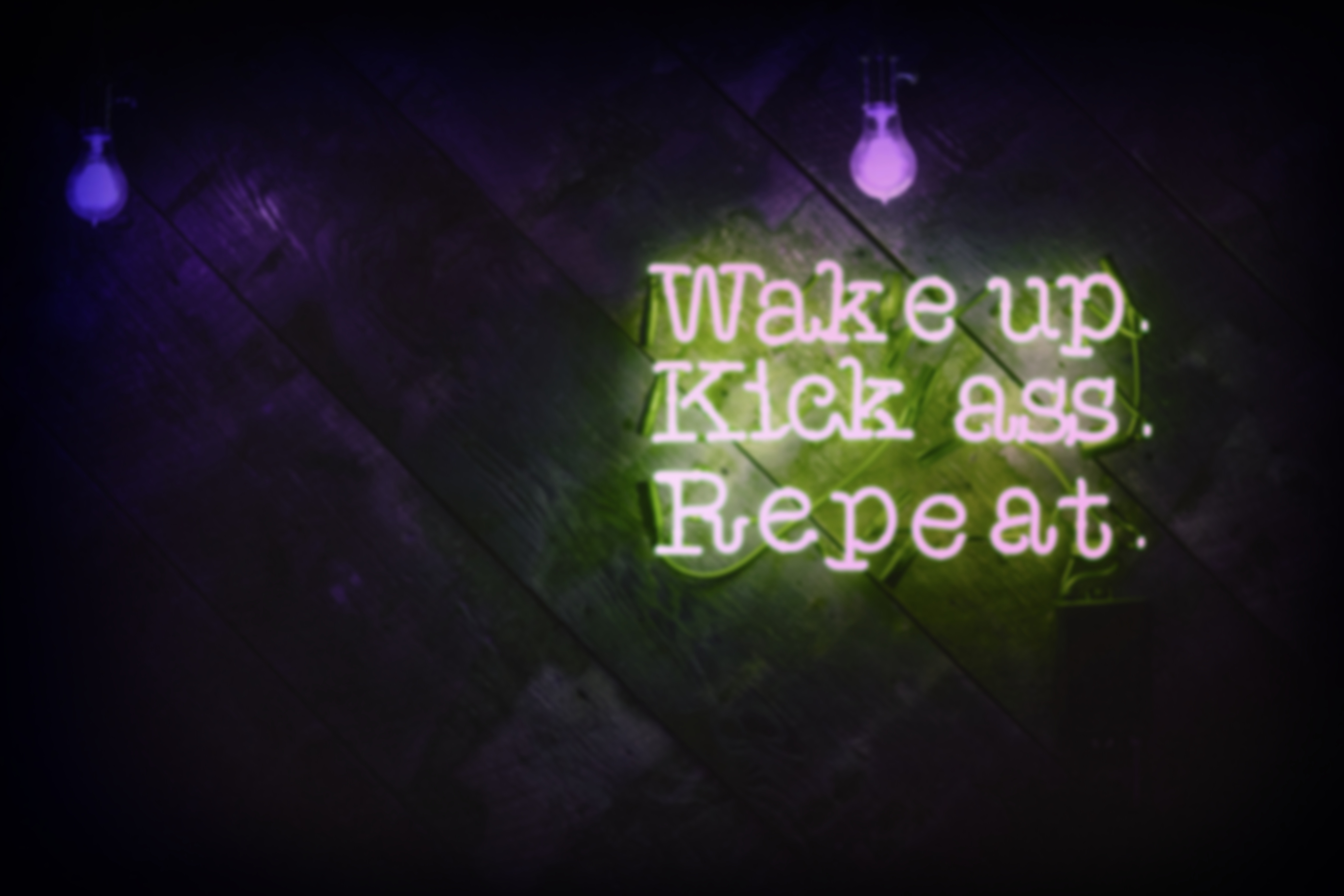As an entrepreneur who has scaled companies from the ground up, through highs, lows, and everything in between there are a few core principles I keep coming back to.
Over the years, through building Dyn, scaling York IE, sitting on boards like Assent or Datanyze, and advising hundreds of startups, I’ve shared these ideas across conversations, blogs, podcasts, speaking gigs and social media because I believe they’re essential for any founder navigating the complexities of growth.
Here are the key themes uncovered from years of operating and opining that define my approach and the York IE philosophy for founders and executives of scaling businesses.
Pragmatic Growth
We live in a world where “unicorns” dominate headlines and startups are often expected to grow at breakneck speed, no matter the cost. But growth for the sake of growth can be destructive if it’s not sustainable. I’m a firm believer in pragmatic growth, a concept that focuses on building companies for long-term success rather than chasing short-term valuation spikes.
For me, pragmatic growth means balancing revenue generation, product development, and operational efficiency in a way that aligns with your vision, not external pressures. It’s about scaling your business methodically, ensuring you’re making decisions that protect your mission and values. Fast growth isn’t always the best growth, and it’s important for founders to think about what’s sustainable.
You Don’t Need to Be in Silicon Valley
One of the biggest myths in the startup world is that you have to be in Silicon Valley, New York City, or some other major hub to be successful. I’ve proven that wrong through my own experience in New Hampshire, and at York IE, we work with companies from all over the world. Geography shouldn’t limit your success.
There’s an entire world of ecosystems that offer incredible value, and I think more founders should tap into their local resources. Whether you’re based in a small town or a big city, there are opportunities to build strong networks and communities that help you thrive. You can be just as successful outside the traditional tech hubs, if not more so.
Mental Health Matters
Startups are hard, and the pressure can be immense. I’ve faced it myself, and I’ve seen countless founders experience burnout. That’s why I talk openly about mental health and well-being. Founders often carry an enormous emotional and operational load, and if you don’t make a conscious effort to manage that stress, it will take a toll.
I’ve learned that taking care of your physical and mental health isn’t just an option; it’s a necessity. Build a strong support system, lean on your team, and recognize that it’s okay to ask for help. Vulnerability in leadership is key. It’s something we need more of in the startup world.
Celebrate Every Exit
Another theme I keep coming back to is the importance of celebrating all wins, big and small. The startup world has a bad habit of glorifying massive exits while downplaying smaller, yet still life-changing, outcomes. I’ve always said that a $15M, $25M, or $50M exit should be celebrated just as much as a billion-dollar one. For many founders, these exits are life-changing moments, and it’s a shame that startup culture often minimizes them. Every exit represents years of hard work, and every success—no matter the size—deserves recognition.
Operating Platform
Through York IE, we’re rethinking the traditional consulting model and developing Operating Platform. We provide scalable, tech-enabled solutions that help startups at all stages grow more efficiently. I’m a firm believer in democratizing access to expert advice—whether it’s for R&D, Go-To-Market (GTM) strategies, or General & Administrative (G&A) operations.
We leverage automation, playbooks, and offshore efficiencies to deliver value faster and more affordably. This approach helps founders focus on what matters most: scaling their businesses with a sustainable, repeatable model, all while keeping costs in check.
Build, Buy, Partner: Know Your Options
Every founder reaches a point where they have to decide whether to build, buy, or partner in order to scale. Not everything has to be built in-house, and sometimes acquiring another company or forming a strategic partnership is the faster path to success. At York IE, we’ve helped many companies navigate these options, and it’s something I’m passionate about.
The key is knowing when each option makes sense for your business. Building takes time and resources, but it can give you more control. Buying can help you grow fast, but it comes with its own risks. Partnerships can provide quick access to new markets, but you need to find the right partner.
There’s no one-size-fits-all answer, but evaluating your options carefully is critical. At the end of the day, my message to entrepreneurs is simple: focus on sustainable, pragmatic growth, build strong networks wherever you are, and take care of your well-being. Celebrate all your wins, no matter the size, and always consider your options for growth—whether it’s through building, buying, or partnering. Running a startup is one of the hardest things you’ll ever do, but with the right approach, it can also be one of the most rewarding.
Stay focused, stay grounded, and keep pushing forward.



